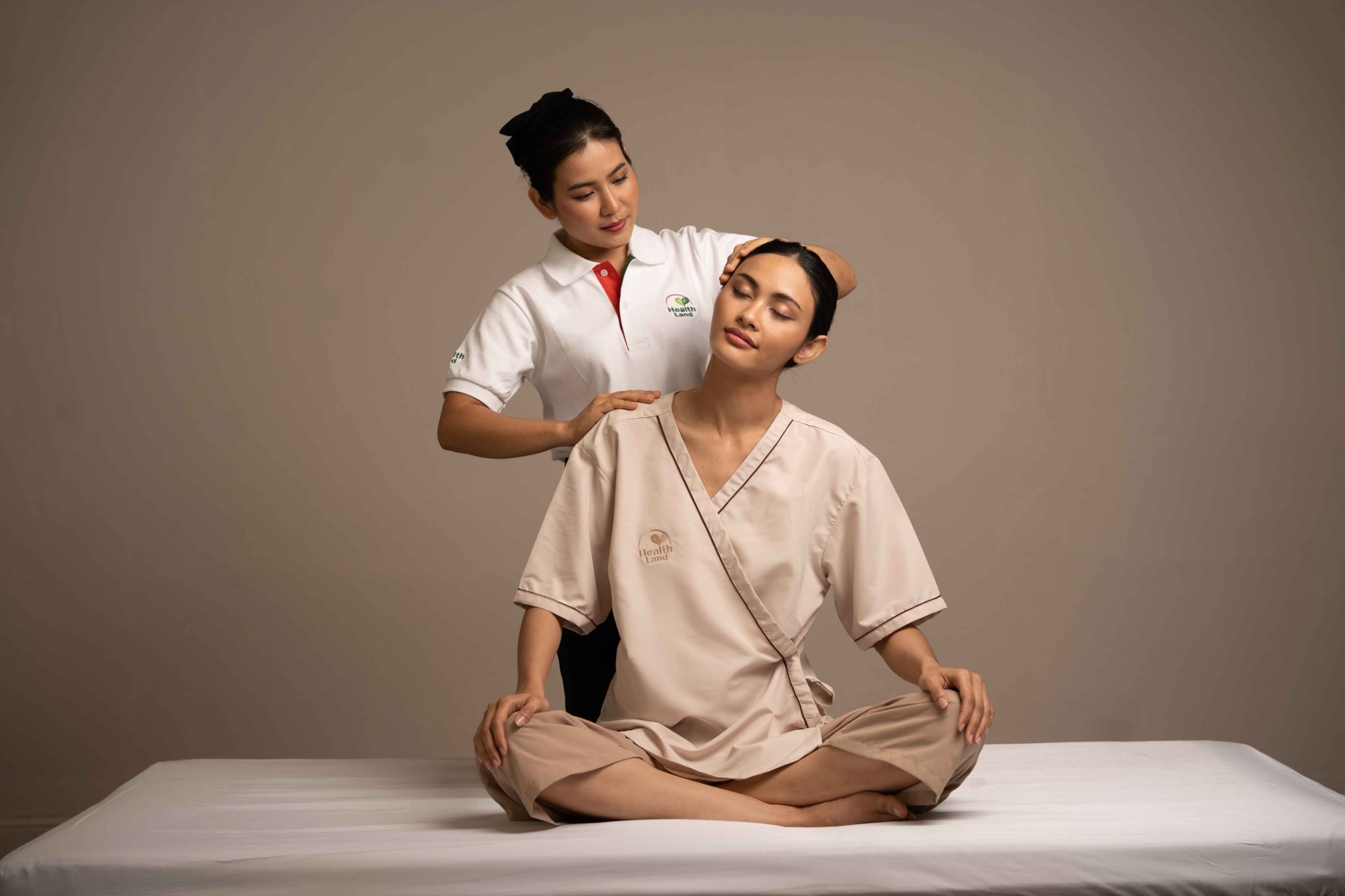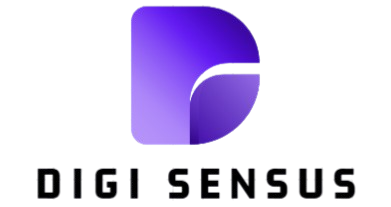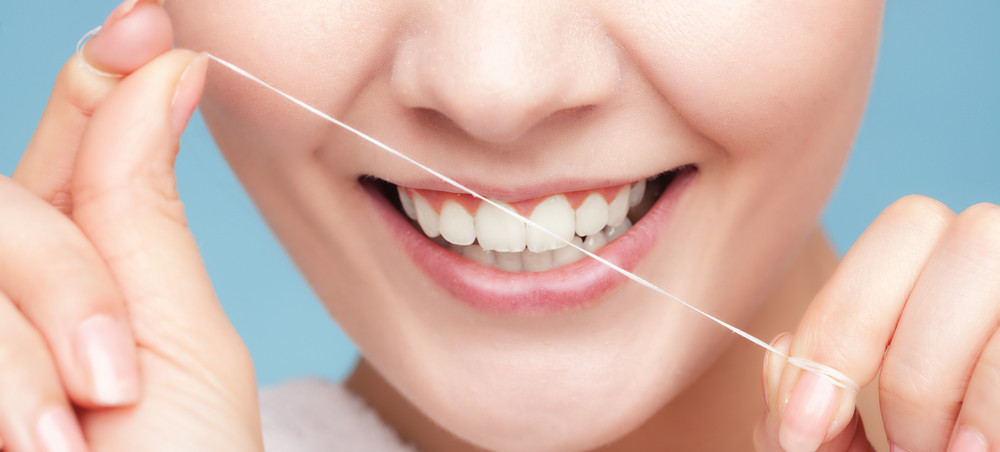
Massage therapy has been practised for centuries across various cultures as a means of promoting relaxation, relieving tension, and enhancing overall well-being. The healing power of 용산 마사지 techniques extends beyond mere physical touch, delving into the realms of mental and emotional restoration.
One of the primary ways in which 마사지 facilitates healing is through the manipulation of soft tissues in the body, such as muscles, tendons, and ligaments. The application of pressure and rhythmic movements helps to increase blood circulation, promoting the delivery of oxygen and nutrients to cells while facilitating the removal of waste products.
Various massage techniques cater to specific needs and conditions. Swedish massage, characterized by long, flowing strokes, is renowned for its ability to induce relaxation and reduce stress. Deep tissue massage, on the other hand, targets deeper layers of muscle and connective tissue, making it effective for addressing chronic pain and muscle tightness. By customizing techniques to individual requirements, massage therapists can address a spectrum of issues, from physical injuries to stress-related ailments.

Beyond the physical benefits, massage has a profound impact on mental and emotional well-being. The tactile stimulation provided by massage activates the parasympathetic nervous system, triggering a relaxation response. This, in turn, reduces the production of stress hormones like cortisol, leading to a state of calmness and improved mood. For individuals grappling with anxiety or depression, regular massage sessions can be a valuable adjunct to traditional therapeutic approaches.
The power of touch in massage extends beyond the mechanical manipulation of tissues. Human touch is inherently comforting and nurturing, fostering a sense of connection and trust between the therapist and the recipient. This emotional aspect of massage is particularly significant in populations such as the elderly or those experiencing chronic illnesses, where touch can be a powerful means of communication and a source of emotional support.
In recent years, scientific studies have increasingly supported the efficacy of massage therapy in managing various health conditions. Research indicates that massage can help alleviate symptoms associated with conditions like arthritis, fibromyalgia, and migraines. Additionally, it has been shown to enhance immune function, possibly due to its role in reducing stress and promoting relaxation.
Massage therapy is not a one-size-fits-all solution, and its effectiveness lies in the skillful application of diverse techniques. A skilled therapist will consider the unique needs and preferences of each individual, adapting their approach accordingly. The holistic nature of massage acknowledges the interconnectedness of the mind, body, and spirit, making it a versatile and powerful tool for promoting overall healing.

